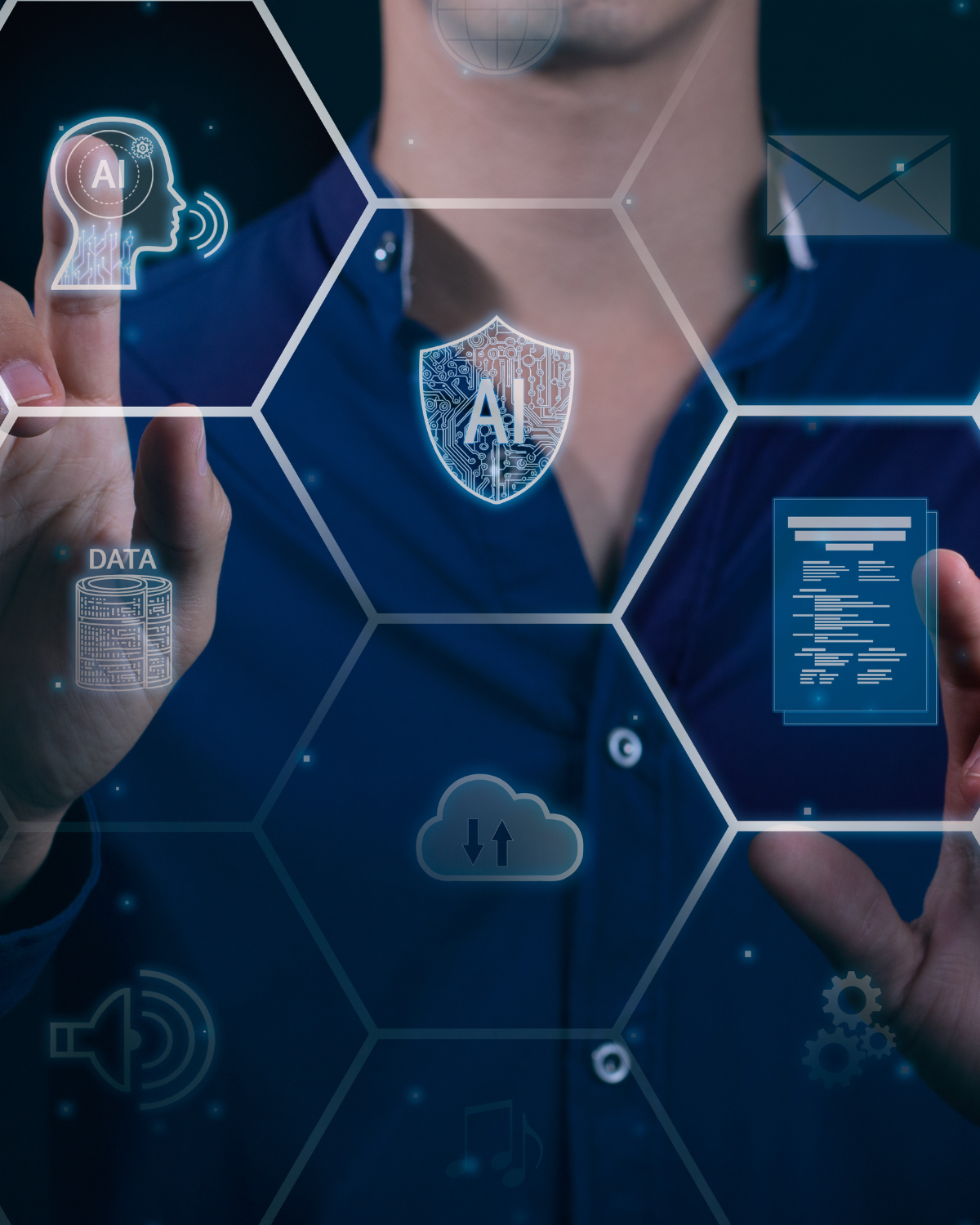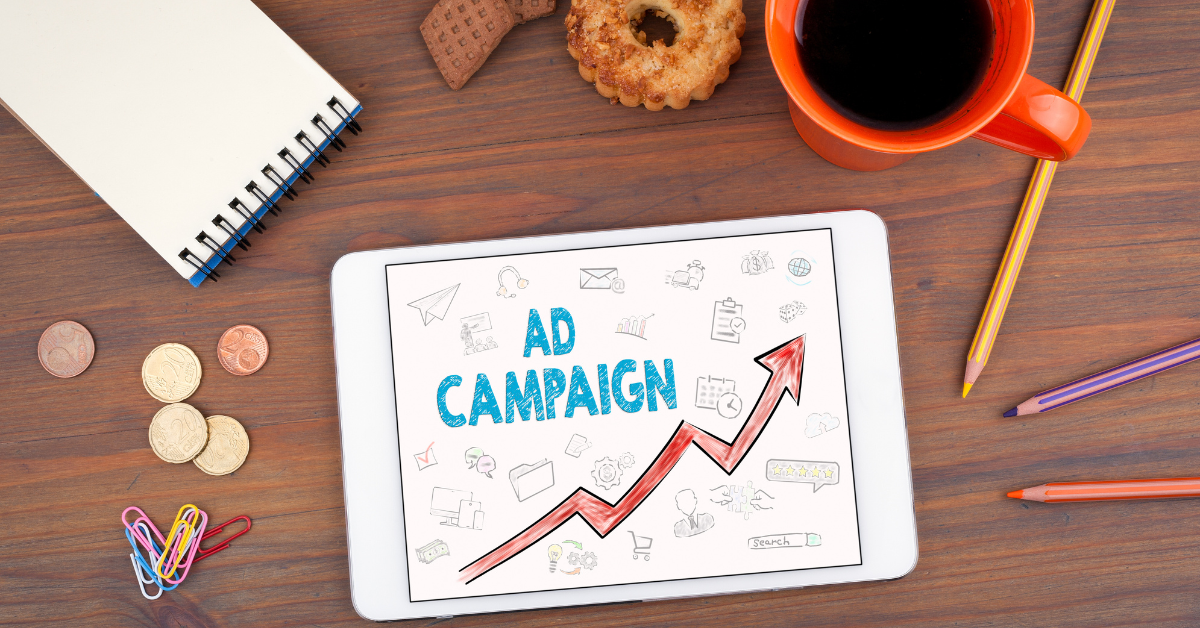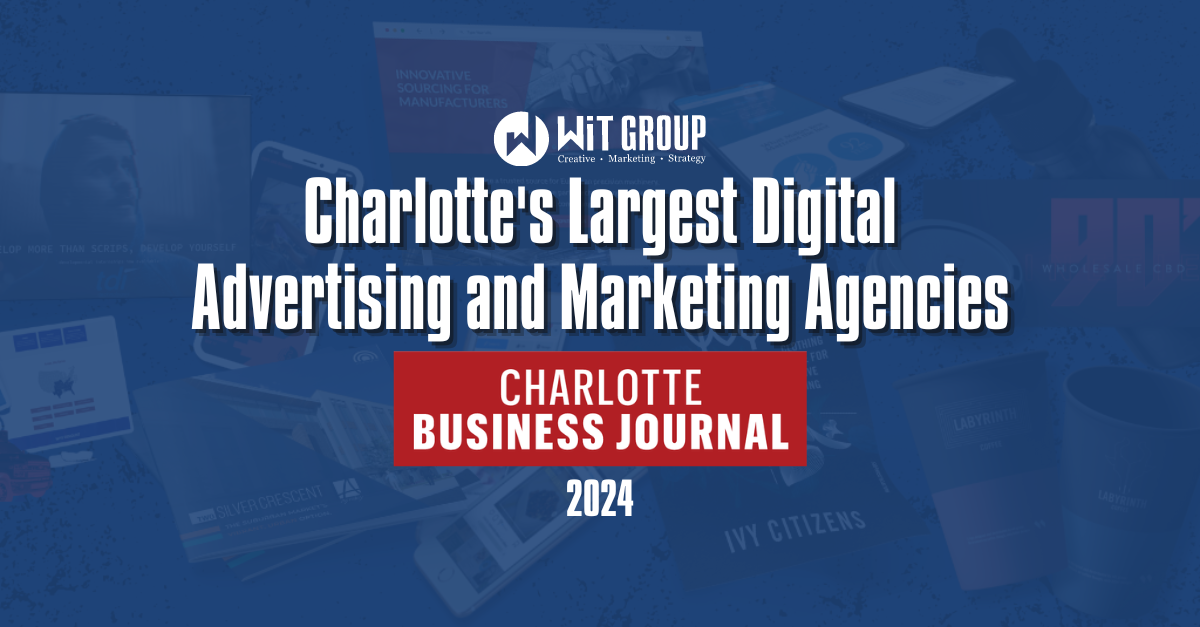
Fast forward to February 2024, the Federal Communications Commission (FCC) has ruled that using AI-generated voices in robocalls is illegal. This casts a significant shadow over the application of AI, specifically regarding outbound sales outreach and mass marketing communications. This regulatory shift will determine how companies integrate AI into their marketing strategies in the future as they scramble to undo this same integration of AI over human workers. In the wake of the FCC’s ruling, companies will have to be more cautious when approaching AI utilization while legal frameworks continue to push out legislation to protect the public.
Recognizing the Regulatory Shift
The Impact of FCC's Recent Ruling
The impact of the FCC’s ruling on AI-generated voices in robocalls signals a major shift in how AI will be used in advertising. This decision forces marketers to rethink strategies that heavily rely on AI-generated content, raising concerns about the legality and ethics of AI in advertising. Businesses need to consider the evolving legal and ethical implications surrounding AI use, especially regarding consumer privacy and manipulation. As advertisers navigate these challenges, they must find balance leveraging AI for innovation and ensuring compliance with regulations and ethical standards.
Future Considerations


Adapting to Regulatory Changes

Balancing Automation with Human Expertise
Adapting Marketing Strategies
Brittany Degnan
Author

Need Help With Your Digital Marketing?
Related Articles
Google Ads Success Stories
Google Ads has become an indispensable tool for businesses aiming to expand their online presence and boost sales. These real success stories from various clients in various industries highlight the power of Google Ads in driving tangible results. From startups and...
How Google Measures Search Quality
Google, the leading search engine, handles billions of searches every day. However, many marketers, business owners, and advertisers wonder how Google delivers useful, high-quality search results. The answer lies in Google's various methods, including user surveys,...
WiT Group Named Among Charlotte’s Largest Digital Advertising and Marketing Agencies
We’re excited to share some incredible news! The Charlotte Business Journal has recognized WiT Group in the following lists for 2024: Charlotte’s largest digital advertising and marketing agencies Top-earning advertising and marketing agencies Largest advertising and...
Stay Up to Date With The Latest News & Updates
Join Our Newsletter
Stay up to date with the latest news and marketing tips!



Recent Comments